Home>Garden Essentials>How Long Does It Take Sorghum To Germinate
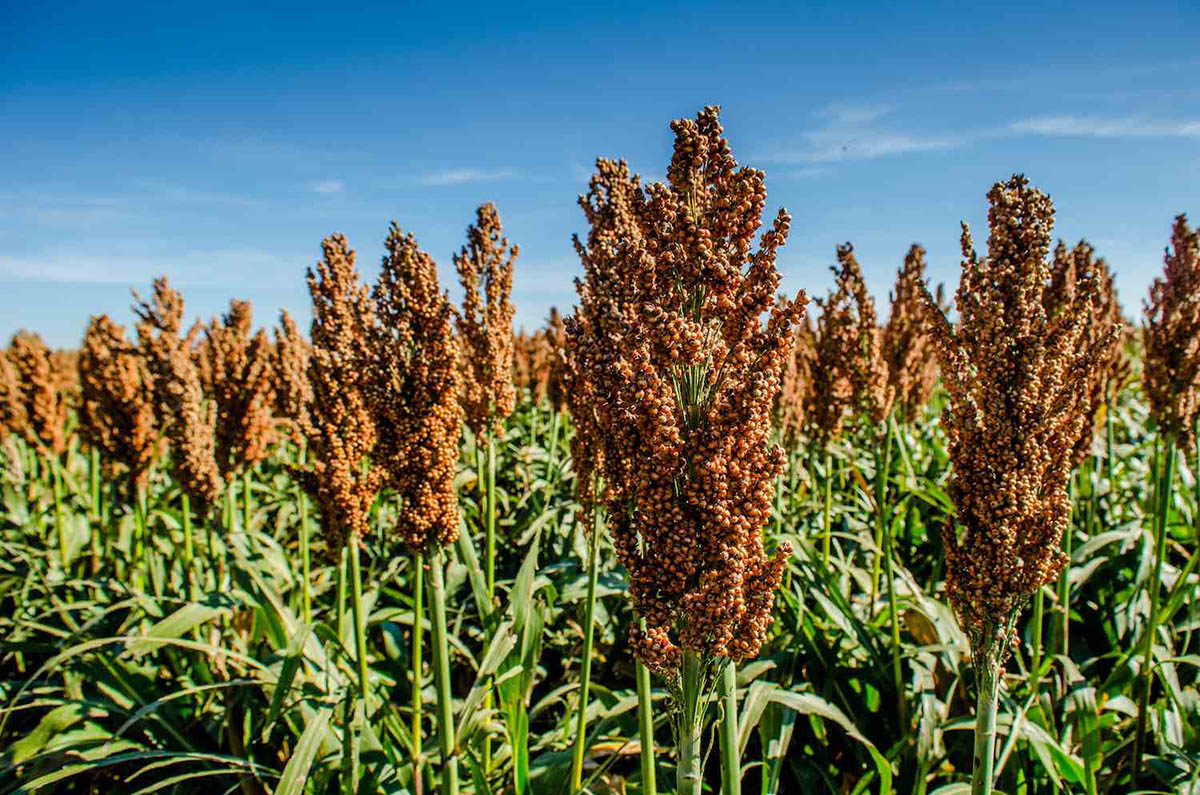

Garden Essentials
How Long Does It Take Sorghum To Germinate
Modified: March 15, 2024
Discover how long it takes for sorghum to germinate in your garden. Get expert tips and advice on growing this versatile grain.
(Many of the links in this article redirect to a specific reviewed product. Your purchase of these products through affiliate links helps to generate commission for Storables.com, at no extra cost. Learn more)
Introduction
Welcome to our comprehensive guide on sorghum germination. Whether you’re a seasoned gardener or just starting out, understanding the germination process is crucial for successful sorghum cultivation. This versatile grain crop has gained popularity not only for its nutritional value but also for its ability to thrive in diverse growing conditions.
In this article, we will explore various factors that influence sorghum germination, such as temperature, moisture, soil conditions, and seed quality. We will also discuss the optimal germination conditions, different germination times for sorghum varieties, and provide tips to promote successful germination. Finally, we will address common germination issues and troubleshooting techniques.
So, let’s dive in and uncover the mysteries of sorghum germination, helping you achieve a bountiful harvest of this remarkable plant.
Key Takeaways:
- Sorghum seeds need just the right amount of warmth, moisture, and soil quality to sprout. By understanding these needs and providing the best conditions, you can help your sorghum seeds grow into healthy plants.
- Different types of sorghum have their own germination times, so it’s important to be patient and give each variety the time it needs to sprout. By being attentive and adjusting your planting schedule, you can set your sorghum crop up for success.
Factors Affecting Sorghum Germination
The process of sorghum germination is influenced by several key factors. Understanding these factors and their impact is crucial for creating optimal conditions that promote successful germination. Here are the main factors that affect sorghum germination:
- Temperature: Temperature plays a significant role in sorghum germination. The optimal temperature range for sorghum seed germination is between 75°F and 85°F (24°C and 29°C). Within this range, the seeds will germinate faster and more uniformly. High temperatures can lead to poor germination, while extremely low temperatures can delay or inhibit germination.
- Moisture: Adequate moisture is essential for sorghum germination. The seeds require a consistent supply of moisture to trigger the germination process. However, excessive moisture can lead to diseases and rot. It’s important to provide enough moisture to keep the soil consistently damp but not waterlogged.
- Soil Conditions: The soil conditions significantly impact sorghum germination. Sorghum seeds prefer well-draining soils with good fertility. Proper soil preparation is key to creating an ideal germination environment. Removing any debris or clumps of soil and incorporating organic matter can improve soil structure and promote successful germination.
- Seed Quality: The quality of the sorghum seeds is crucial for germination success. It’s essential to obtain high-quality seeds from reliable sources. Poor-quality seeds may have low viability, damaged seed coats, or fungal infections, which can impede germination. Conducting a germination test before planting can help assess the viability of the seeds.
- Light: Sorghum seeds do not require light for germination and actually prefer to germinate in darkness. Planting the seeds at the correct depth will ensure they are adequately covered, allowing for proper germination.
By understanding and managing these factors, you can create an optimal environment for sorghum germination. This will maximize the chances of successful germination and ultimately contribute to a healthy and productive sorghum crop.
Optimal Germination Conditions
Providing the ideal conditions for sorghum germination is crucial for ensuring successful growth and development. Here are some key factors to consider when creating optimal germination conditions for sorghum:
- Temperature: As mentioned earlier, maintaining a consistent temperature range of 75°F to 85°F (24°C to 29°C) is ideal for sorghum germination. This temperature range promotes faster and more uniform germination.
- Moisture: Adequate moisture is essential for germination. After planting the sorghum seeds, ensure the soil is consistently damp but not waterlogged. Regularly monitor the soil moisture level and make adjustments as needed. Avoid overwatering, as excessive moisture can lead to disease and fungal issues.
- Soil Preparation: Prepare the soil before planting by removing any debris, rocks, or clumps. Incorporate organic matter to improve soil fertility and structure. Well-draining soil is critical for preventing waterlogging and allowing the roots to establish properly.
- Seed Depth: Plant sorghum seeds at a depth of approximately 1 to 2 inches (2.5 to 5 cm). Planting too shallow or too deep can affect germination rates and seedling emergence. Adequate seed-to-soil contact is necessary for successful germination.
- Air Circulation: Good air circulation is important for preventing fungal diseases. Avoid overcrowding the sorghum plants and provide enough space between rows to promote proper air movement.
By ensuring these optimal germination conditions, you are setting the stage for robust and healthy sorghum germination. Keep in mind that the specific requirements may vary slightly depending on the sorghum variety you are growing, so it’s always a good idea to consult the seed package or a reliable source for variety-specific guidelines.
Germination Time for Different Sorghum Varieties
Sorghum is a diverse crop that comes in various varieties, each with its own characteristics and germination timelines. While the germination process generally takes around 7 to 14 days, the specific germination time can vary among different sorghum varieties. Here are some popular sorghum varieties and their approximate germination times:
- Grain Sorghum: Grain sorghum, also known as milo, is one of the most widely grown sorghum varieties. It typically has a germination time of 7 to 10 days. Grain sorghum is primarily cultivated for its seeds, which are used for human consumption, animal feed, or industrial purposes.
- Sweet Sorghum: Sweet sorghum is grown for its sugary stalks, which are used to produce syrup or biofuels. The germination time for sweet sorghum is similar to grain sorghum, usually taking around 7 to 10 days.
- Broom Sorghum: Broom sorghum is primarily cultivated for its long, sturdy stems, which are used to make brooms. The germination time for broom sorghum is slightly longer, ranging from 10 to 14 days.
- Fodder Sorghum: Fodder sorghum is grown for animal feed due to its high nutritional value. It typically has a germination time similar to grain sorghum, taking around 7 to 10 days.
It’s important to note that these germination times are approximate and can vary depending on several factors, such as temperature, moisture, and seed quality. Factors like optimal soil conditions and proper seed-to-soil contact can also influence the germination time.
As you sow different sorghum varieties, keep track of their germination times and adjust your planting schedule accordingly. By understanding the average germination time for each variety, you can plan for subsequent stages of growth and development, ensuring a successful and well-managed sorghum crop.
Sorghum typically takes 7-10 days to germinate. Keep the soil consistently moist and provide warm temperatures for best results.
Tips for Promoting Germination
When it comes to promoting sorghum germination, there are several tips and techniques you can follow to increase your chances of success. These strategies will help create favorable conditions and provide the necessary support for healthy germination. Here are some valuable tips to promote germination:
- Pre-soaking: Pre-soaking sorghum seeds in water for 24 hours before planting can help soften the seed coat and facilitate quicker germination. This is especially beneficial for seeds with hard or thick seed coats.
- Seed treatment: Treating sorghum seeds with a fungicide or a seed inoculant can help protect them from fungal diseases and improve germination rates. Follow the instructions provided by the manufacturer for proper seed treatment.
- Optimal planting time: Plant sorghum seeds when the soil temperature reaches the recommended range of 75°F to 85°F (24°C to 29°C). This ensures that the seeds will be exposed to favorable conditions for their germination.
- Seed spacing: Proper seed spacing is essential for ensuring adequate airflow and reducing competition among seedlings. Follow the recommended spacing guidelines provided for your specific sorghum variety.
- Weed control: Keep the area around the sorghum seeds free from weeds, as they can compete for nutrients and water. Regularly remove any weeds that emerge during the germination phase.
- Monitor moisture levels: Regularly monitor the soil moisture levels and ensure the seeds are consistently damp but not waterlogged. Adjust irrigation practices accordingly to maintain optimal moisture levels for germination.
- Protect from pests: Implement measures to protect the germinating seeds from pests such as birds, rodents, and insects. Netting, scare devices, and traps can help minimize the impact of pests on germination.
- Provide shade: In areas with high temperatures or intense sunlight, providing partial shade or using shade covers can help prevent excessive heat stress on the germinating seeds.
By implementing these tips, you can create a favorable environment for sorghum germination and give your seeds the best chance of success. Remember to adapt these strategies to your specific growing conditions and sorghum variety for optimal results.
Common Germination Issues and Troubleshooting
While sorghum germination is generally a reliable process, there are some common issues that may arise. Understanding these issues and knowing how to troubleshoot them can help you overcome challenges and ensure successful germination. Here are some common germination issues and their potential solutions:
- Poor Germination: If you notice a low germination rate or uneven germination, it could indicate poor seed quality. Conduct a germination test before planting to assess the viability of the seeds. If the germination rate is low, consider obtaining fresh, high-quality seeds from a reputable source.
- Fungal Diseases: Excessive moisture or poor airflow can lead to fungal diseases that affect germinating sorghum seeds. To prevent fungal infections, ensure proper drainage, maintain adequate spacing between seeds, and provide proper ventilation. If signs of fungal diseases appear, apply a suitable fungicide following the manufacturer’s instructions.
- Insect Infestation: Certain insects can damage germinating sorghum seeds. Monitor the seedlings for signs of insect damage, such as chewed leaves or stem damage. Use organic or chemical insecticides to control the pests as necessary, following the recommended application rates and timing.
- Seedling Emergence Issues: If seedlings fail to emerge or emerge weakly, it could be due to planting too deep, planting in compacted soil, or poor seed-to-soil contact. Ensure that the seeds are planted at the correct depth, loosen the soil before planting, and gently press the soil around the seeds to ensure good seed-to-soil contact.
- Temperature Extremes: Extreme temperatures, whether too high or too low, can inhibit germination. Avoid planting during periods of temperature extremes, and consider using protective measures such as shade covers or row covers if temperatures are expected to be particularly high or low.
- Overwatering or Underwatering: Water management is critical for sorghum germination. Overwatering can lead to waterlogged soil and root rot, while underwatering can cause poor germination and stunted growth. Maintain balanced soil moisture by regularly monitoring and adjusting irrigation practices as needed.
By identifying and addressing these common germination issues, you can improve the success rate of your sorghum germination and establish healthy seedlings. Remember that prevention is key, so ensuring optimal growing conditions and proactive pest and disease management can go a long way in avoiding germination issues altogether.
Conclusion
Sorghum germination is a critical stage in the growth of this versatile grain crop. By understanding the factors that affect germination and implementing the necessary steps to promote successful emergence, you can ensure a healthy and productive sorghum crop.
Temperature, moisture, soil conditions, and seed quality are all important factors to consider when creating optimal germination conditions. Maintaining a consistent temperature range, providing adequate moisture without waterlogging the soil, and ensuring proper soil preparation are key to successful germination. Additionally, selecting high-quality seeds and providing proper spacing and protection from pests and diseases are essential for maximizing germination rates.
It’s important to be aware of the different germination times for various sorghum varieties and adjust your planting schedule accordingly. Understanding the average germination time for each variety will help you plan for subsequent stages of growth and development.
If you encounter germination issues, such as poor germination rates, fungal diseases, insect infestations, or seedling emergence problems, understanding the possible causes and implementing troubleshooting methods can help overcome these challenges and improve germination success.
In conclusion, sorghum germination requires careful attention to the various factors influencing this crucial stage of growth. By providing the optimal conditions, addressing common germination issues, and nurturing the emerging seedlings, you will be well on your way to a successful sorghum harvest and a bountiful garden.
Frequently Asked Questions about How Long Does It Take Sorghum To Germinate
Was this page helpful?
At Storables.com, we guarantee accurate and reliable information. Our content, validated by Expert Board Contributors, is crafted following stringent Editorial Policies. We're committed to providing you with well-researched, expert-backed insights for all your informational needs.
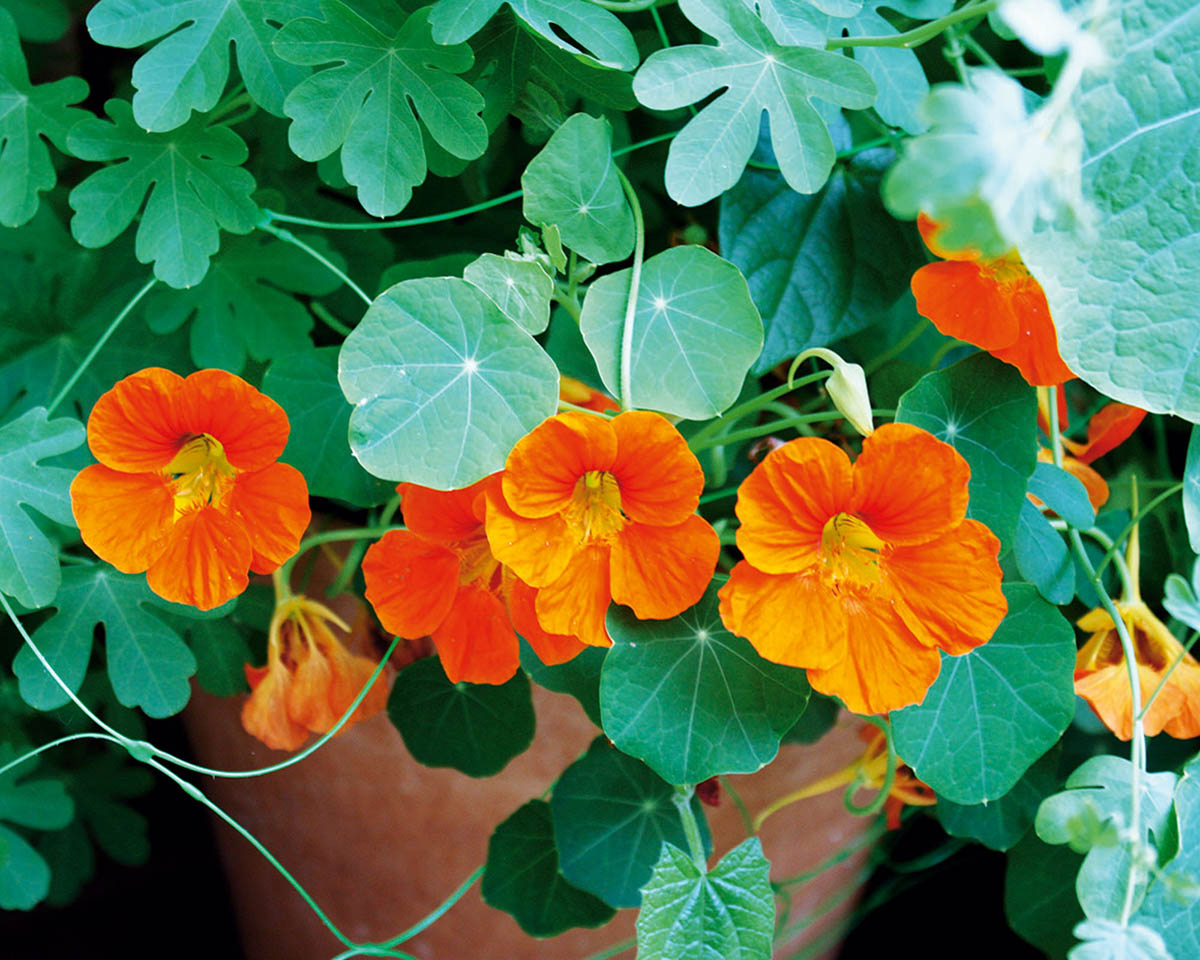
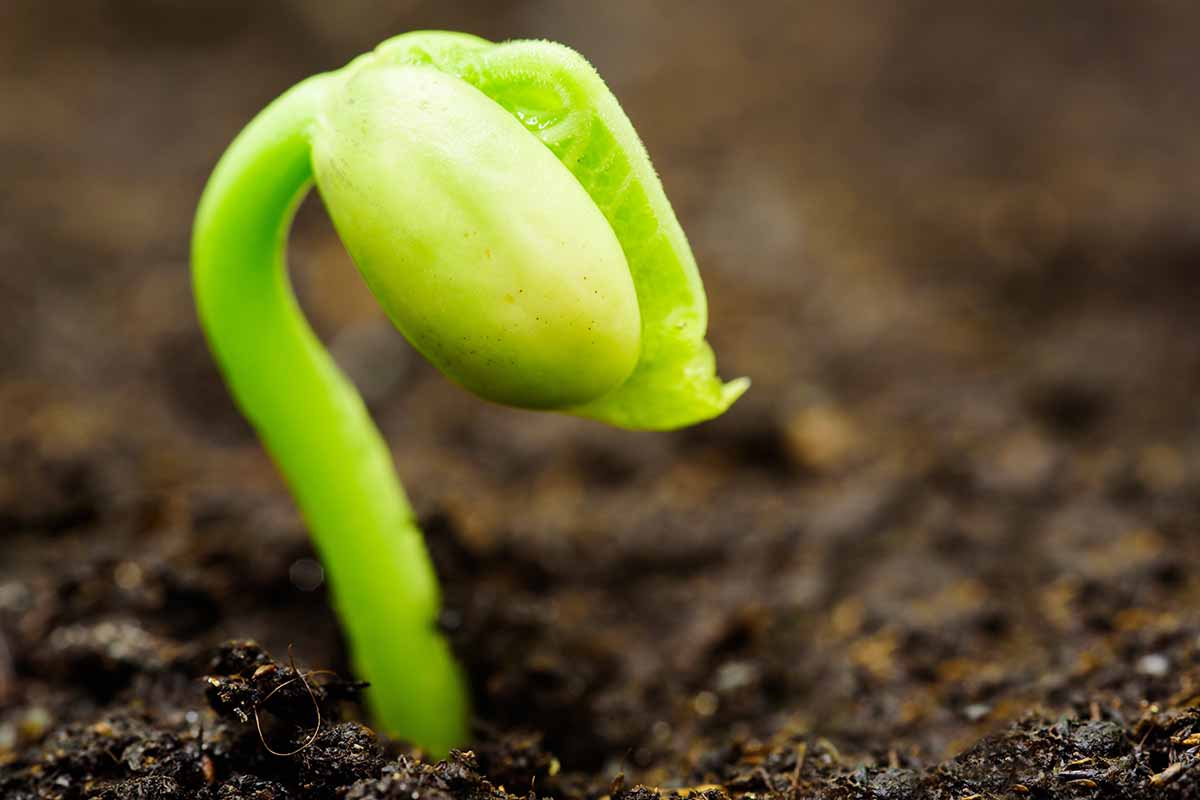
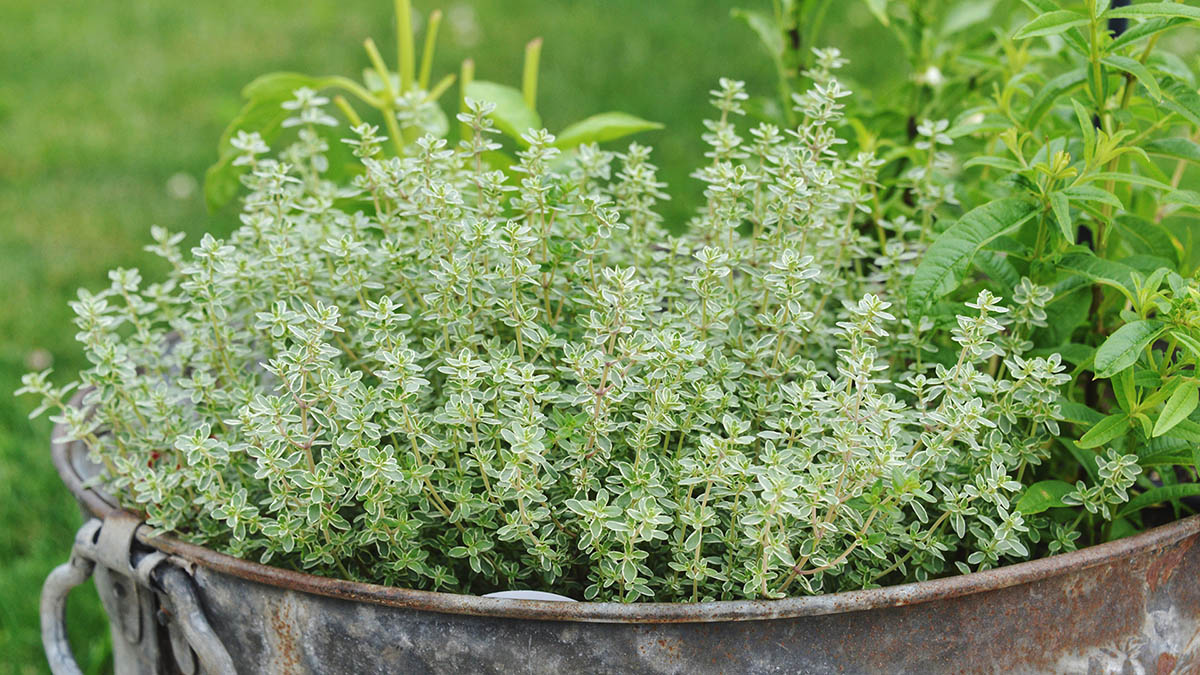
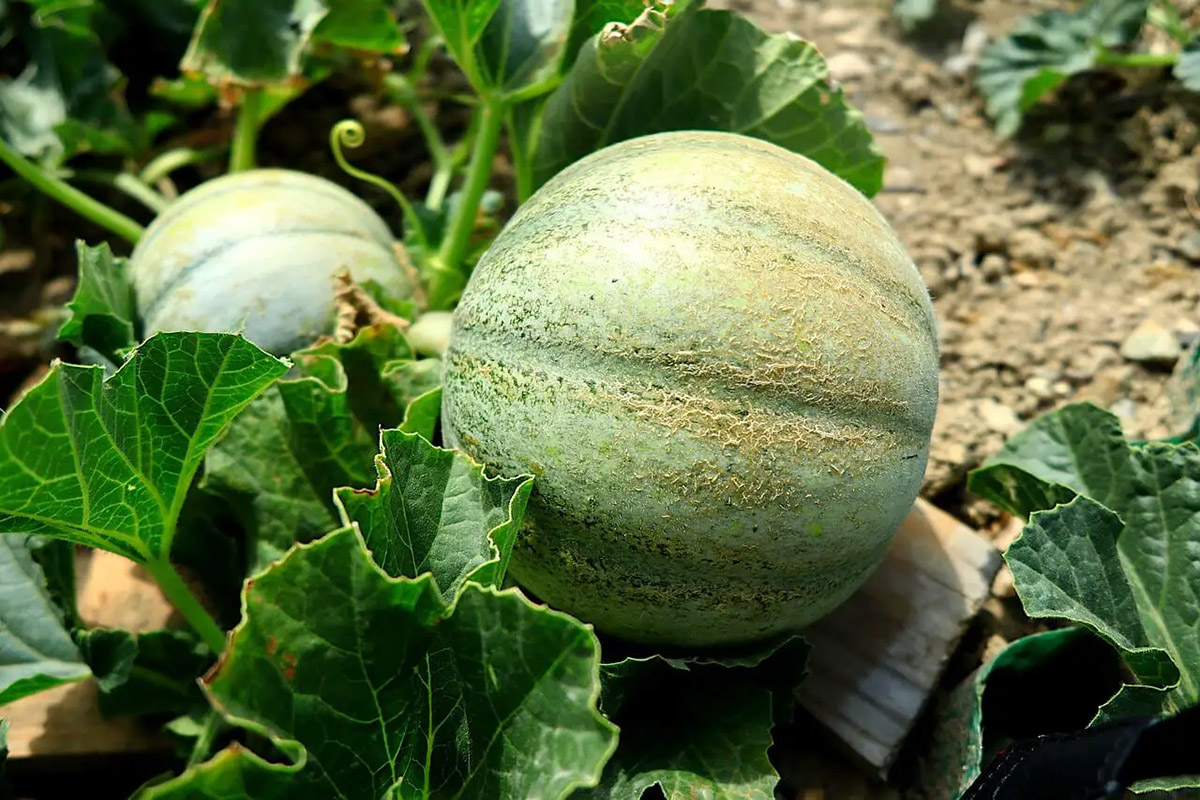
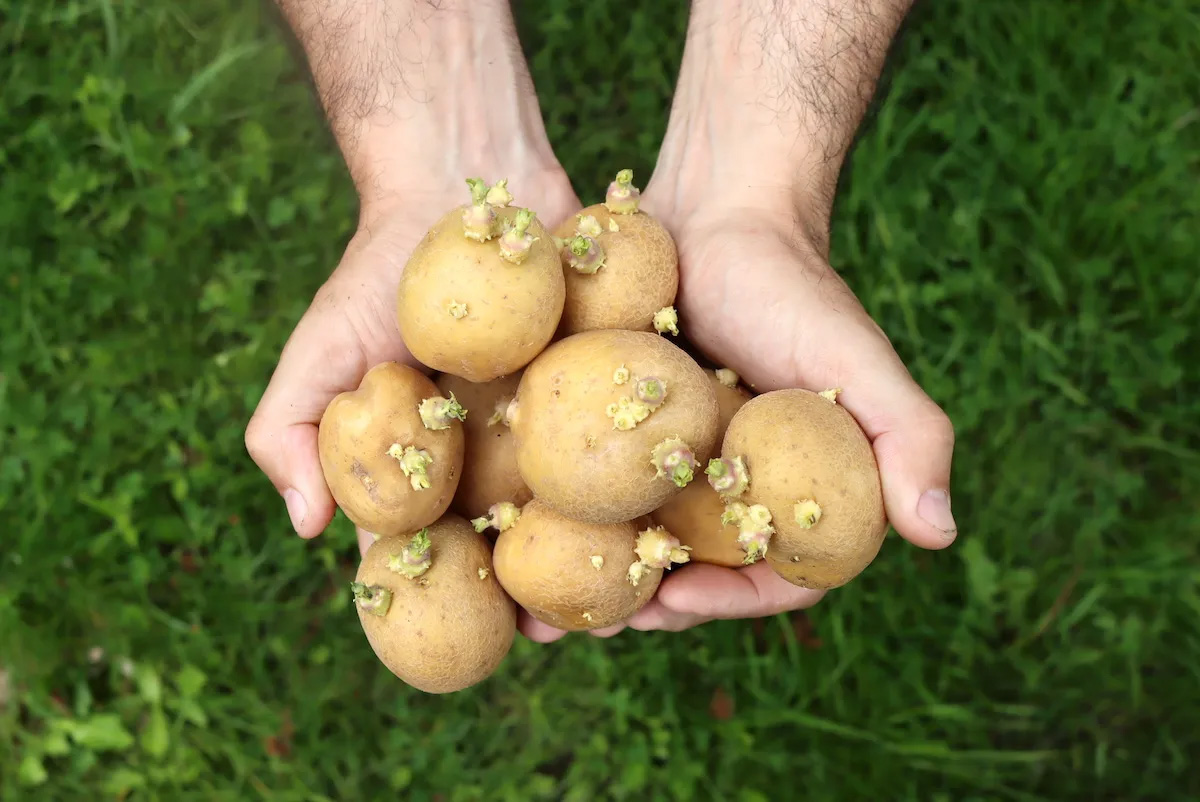

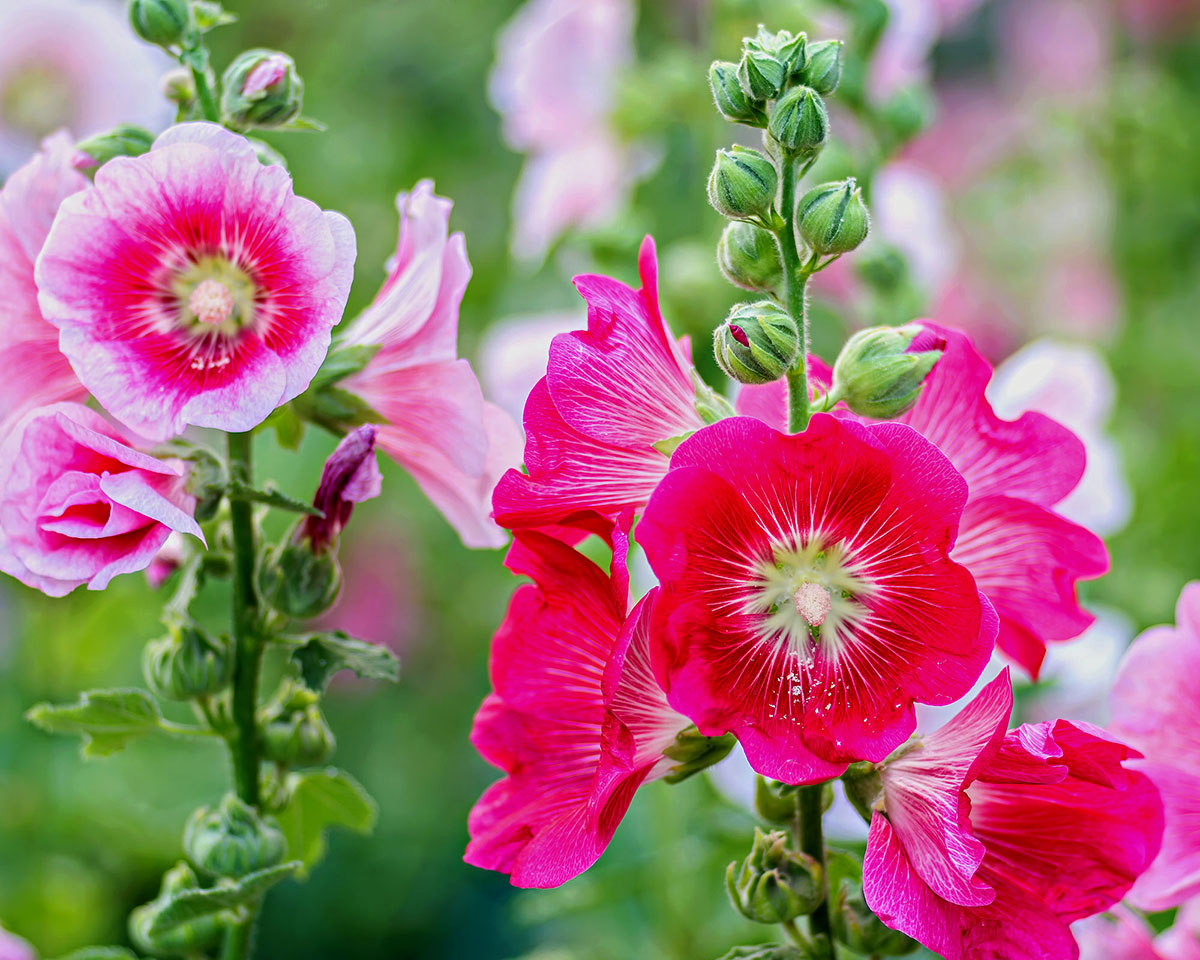
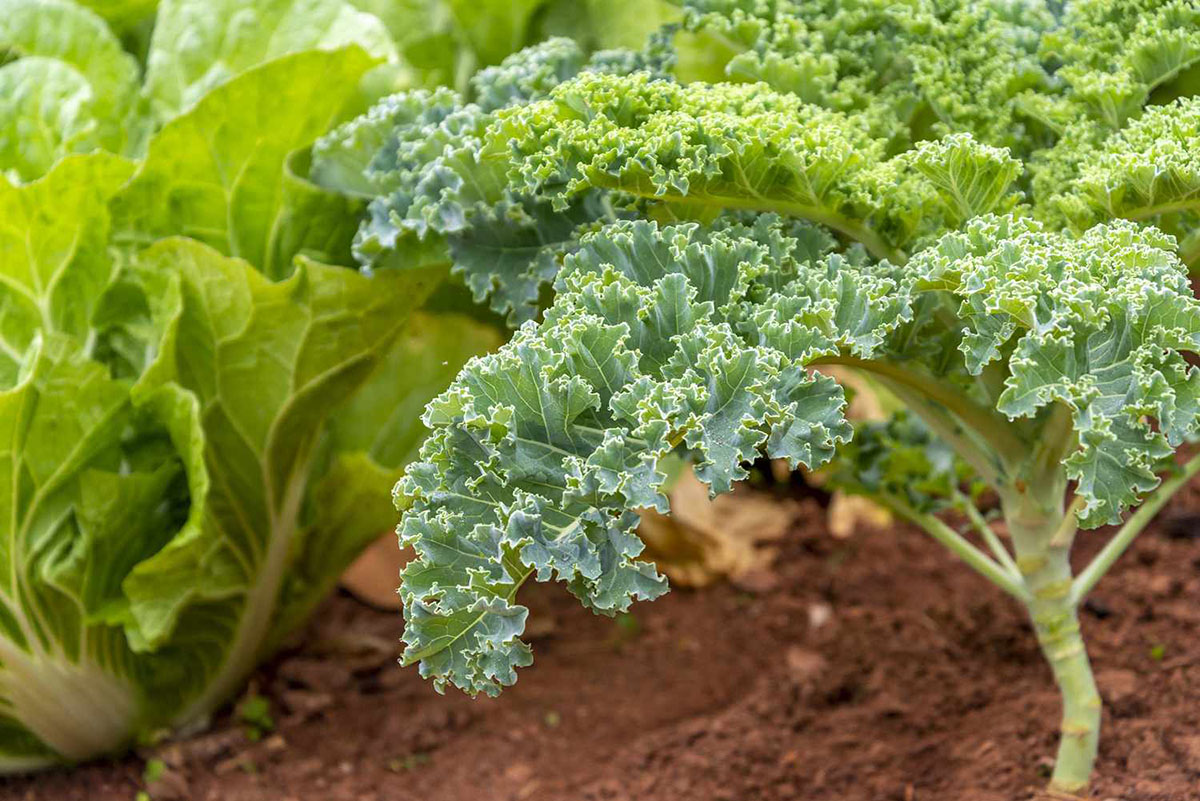
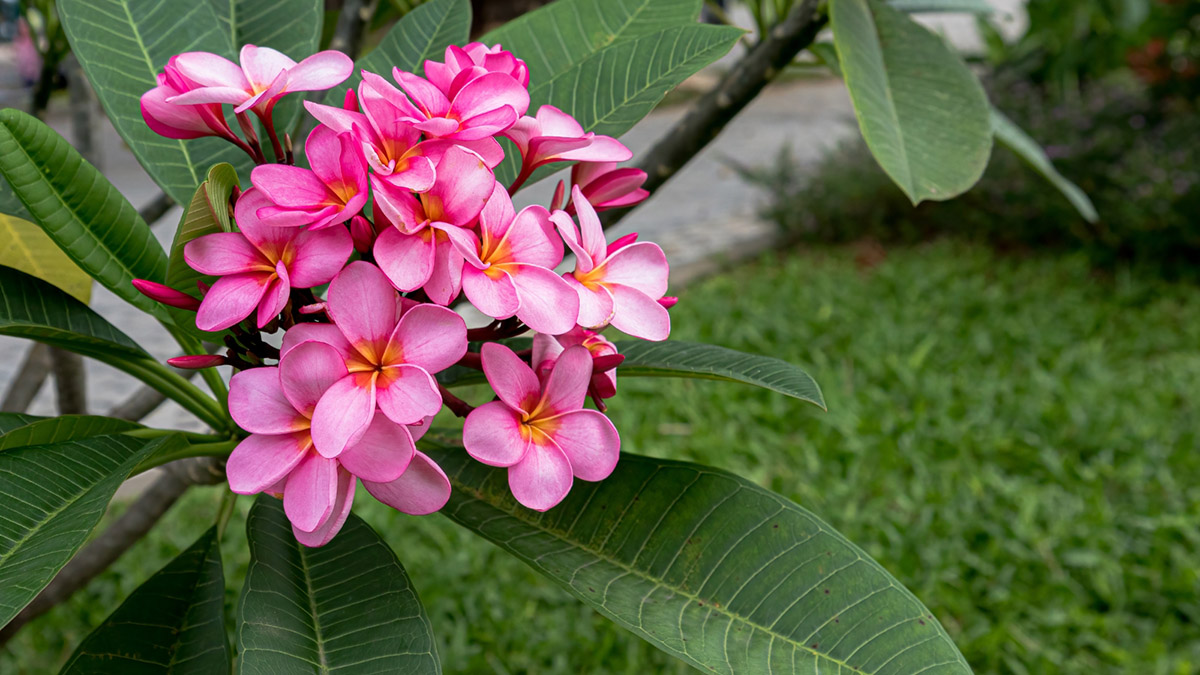
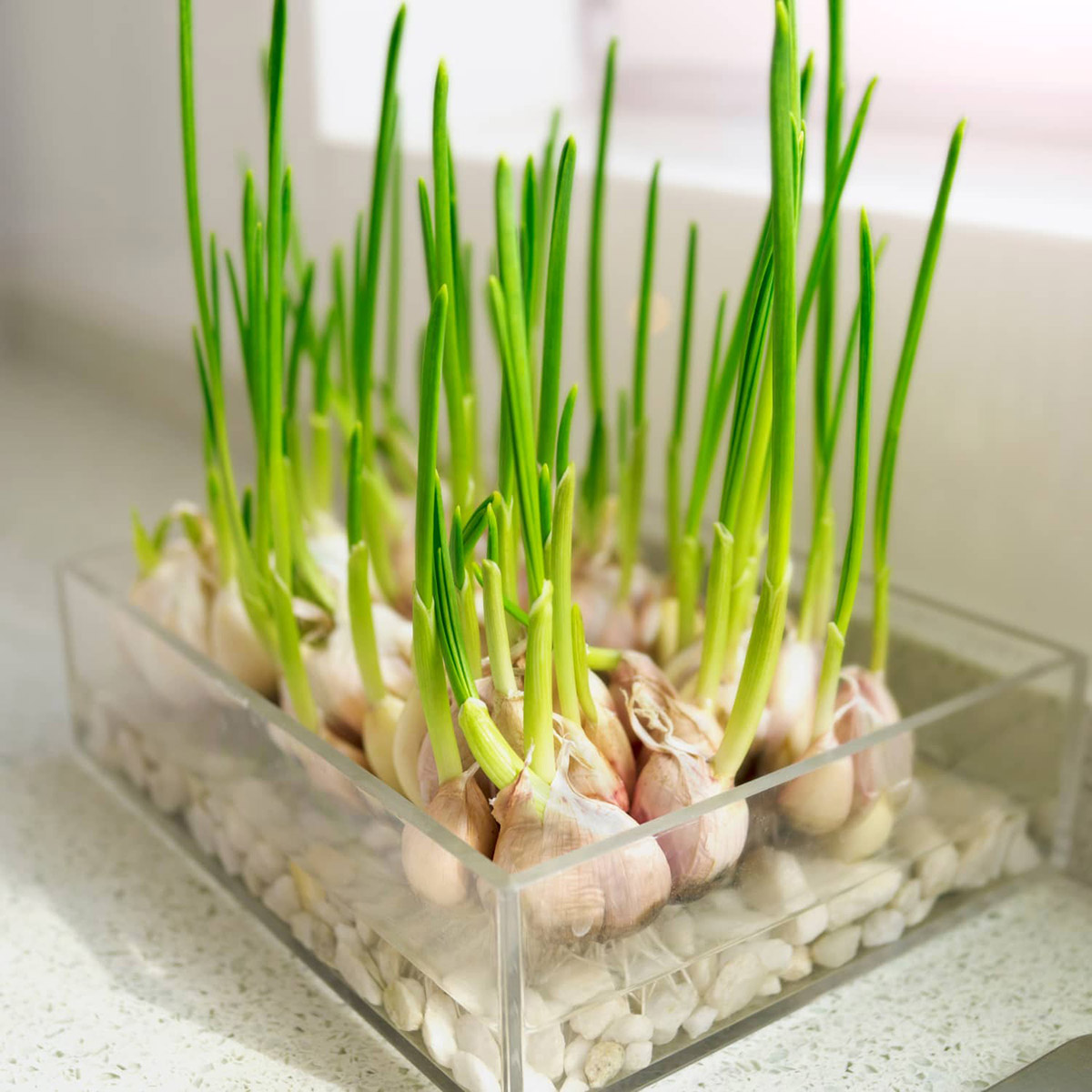
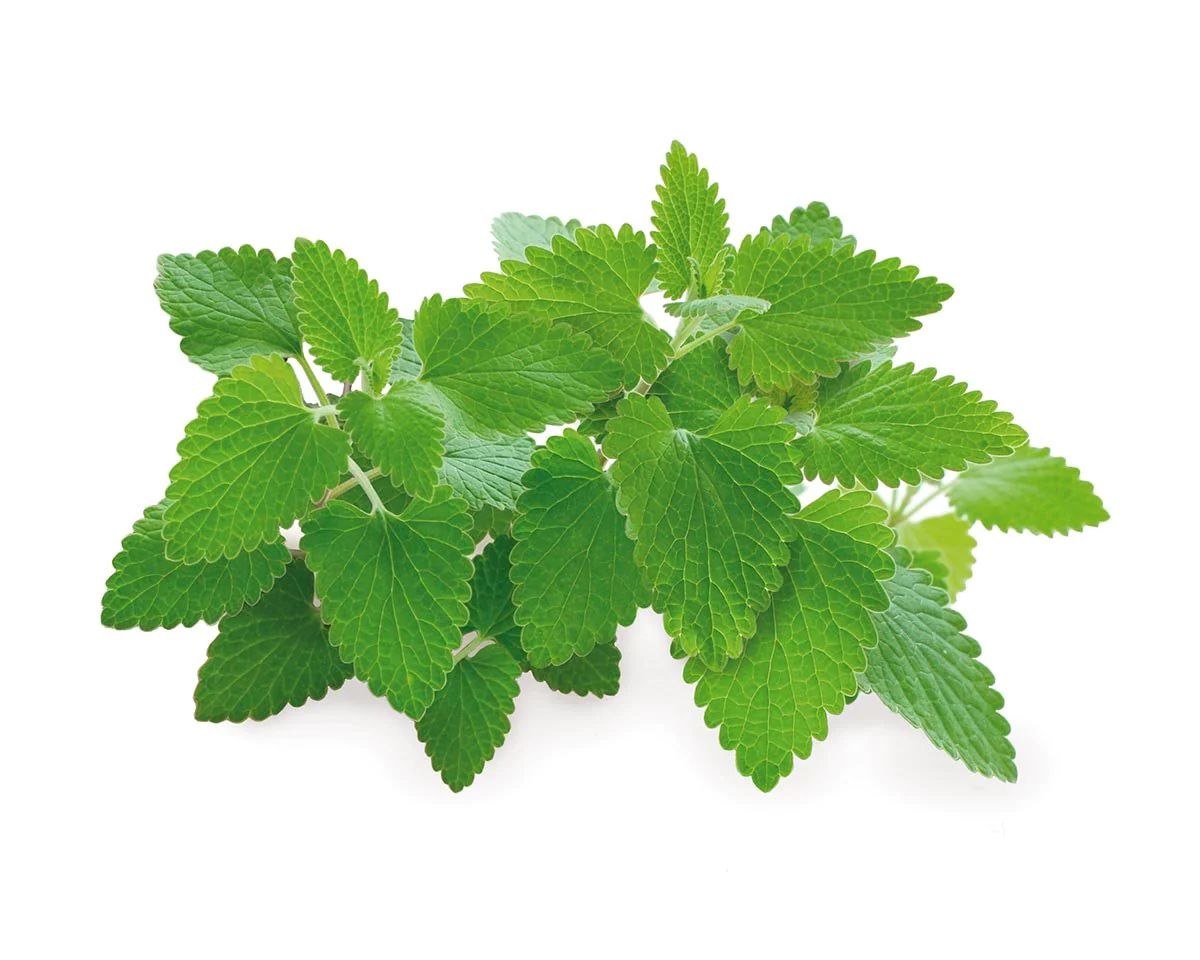
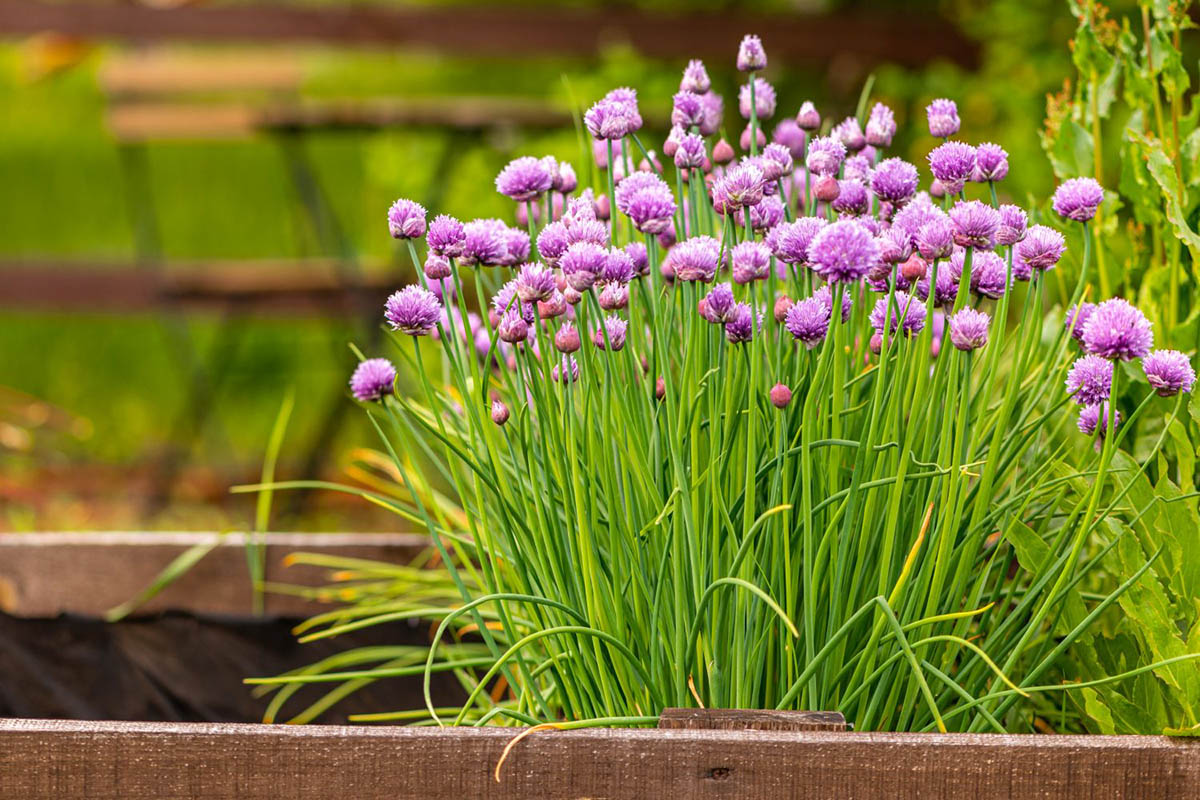
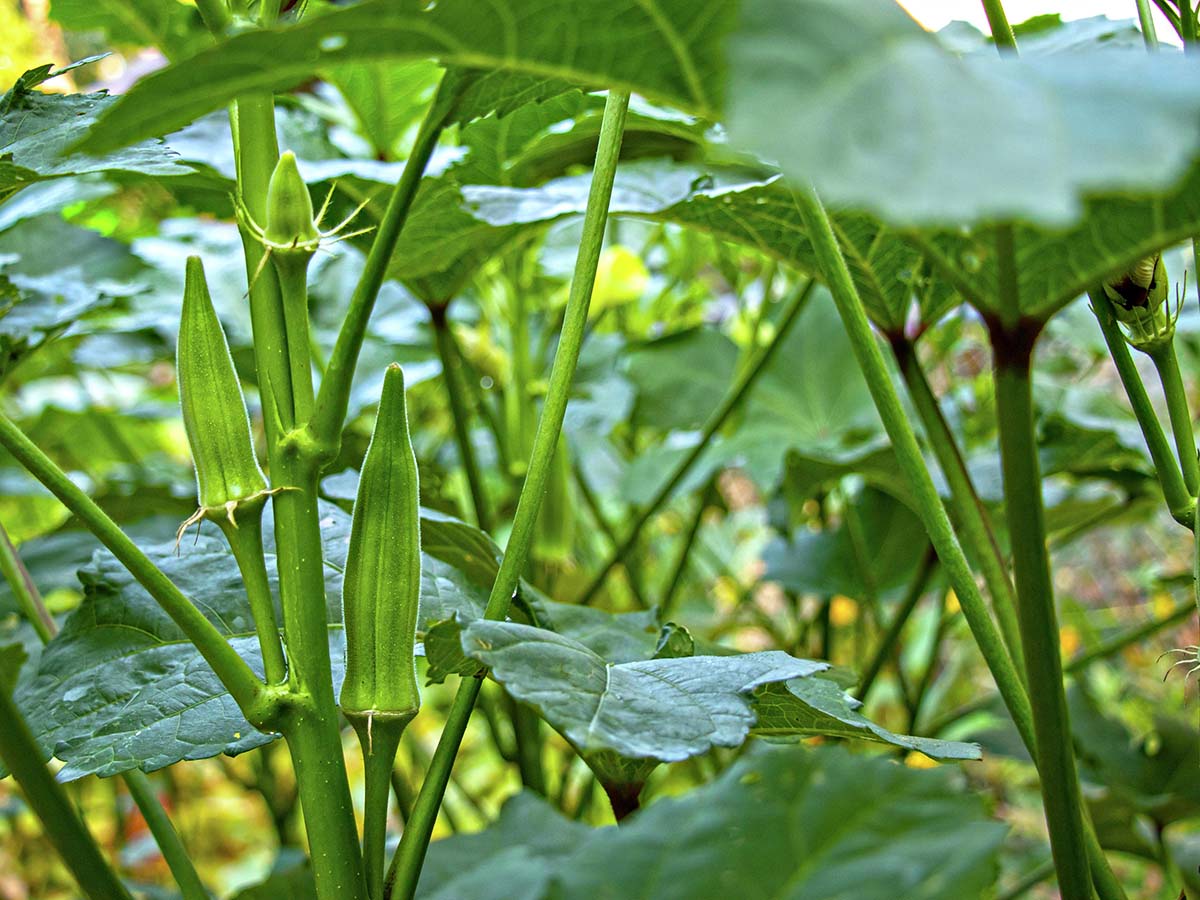
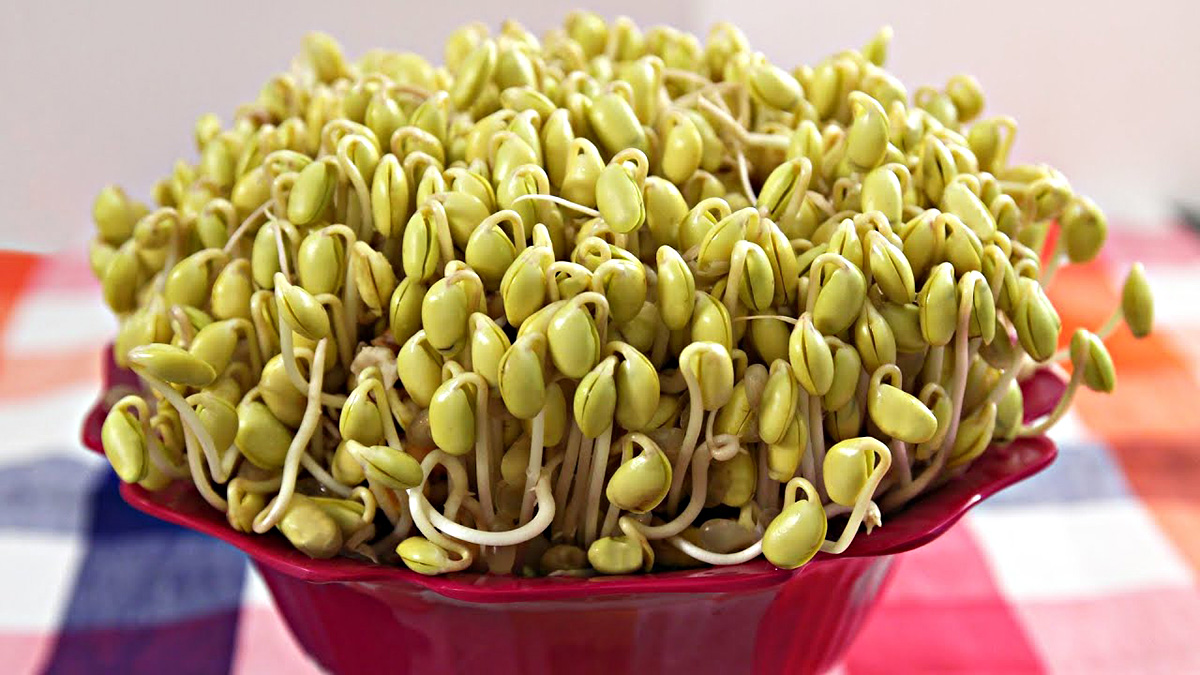

0 thoughts on “How Long Does It Take Sorghum To Germinate”